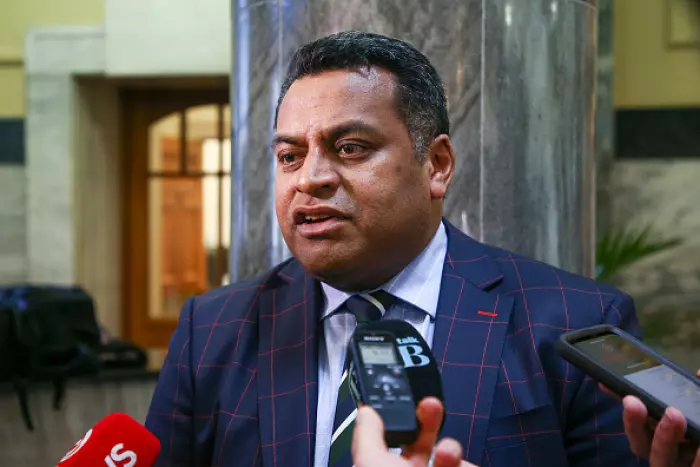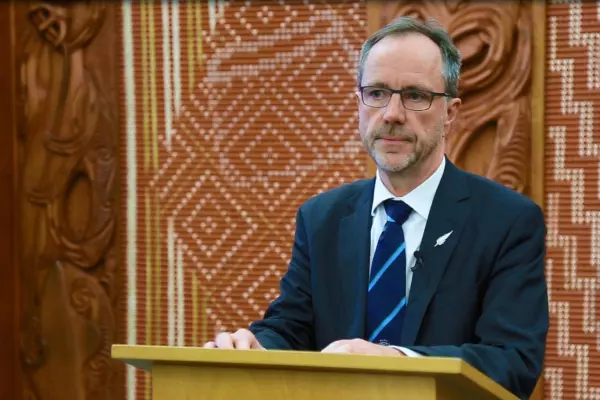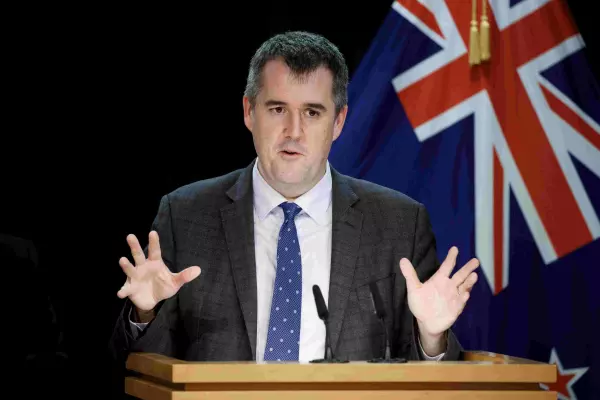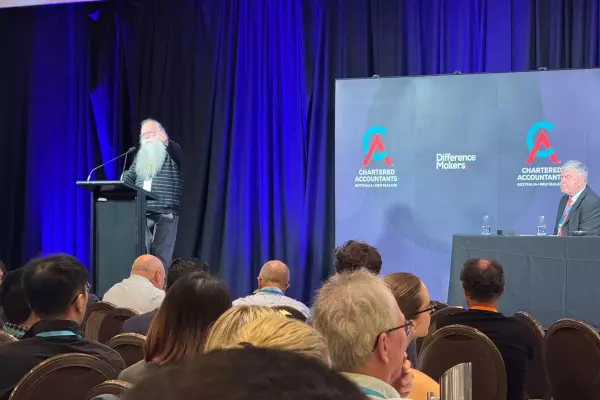The government has announced a new path to residency for up to 165,000 skilled migrants currently in New Zealand on short term visas if they meet certain requirements.
For months, the migrant community has been anticipating a decision from immigration minister Kris Faafoi who kept promising an announcement would come “soon”.
Faafoi acknowledged the uncertainty and difficulties that the closed borders have caused the migrant community and their employers.
“We have been carefully working through this residence option to offer (the) certainty they need to truly make NZ their home,” he said.
“The 2021 residence visa will also help us attract and retain the skills that our businesses need to help relieve labour pressures caused by covid-19.”
The 2021 resident visa will be available to holders of work-related visas already aimed at creating a pathway to residency, including essential skills, work to residence, and post-study work visas.
However, the new "one-off" resident visa will not come as welcome news for thousands of migrants who have already been waiting more than a year for their Skilled Migrant Category (SMC) resident visas to be processed.
A spokesperson for Faafoi confirmed to BusinessDesk last night that migrants who already have residency applications awaiting approval will have to "opt for the new visa and either withdraw or still keep their SMC application in the system".
"But the new 2021 resident visa will be processed first," which means that their applications will only be processed in about 2023 given the estimated timeframe for applications and processing of the new resident visa.
Faafoi also confirmed that to prioritise the processing of the new visa, "selections from the SMC Expressions of Interest (EOI) pool will remain closed until the 2021 resident visa closes on 31 July 2022, but applicants who meet the criteria in the EOI pool will be able to apply for this visa from 1 December 2021 or from 1 March 2022, depending on which category they fall into".
Meanwhile, the new pathway does not include visas that are intended for a shorter stay, such as visitors, students, working holidaymakers and recognised seasonal employer workers.
To be eligible, the principal applicant must have been in NZ on September 29, 2021, and must either hold or have applied for one of the eligible visas.
They must also meet one of the following criteria:
- Have lived in NZ for three or more years.
- Have earned above the median wage ($27 per hour or more).
- Have worked in a role on the long term skill shortage list.
- Have held occupational registration and work in the health or education sector.
- Have worked in personal care or other critical health worker roles.
- Have worked in a specified role in the primary industries.
Workers entering the country through the border critical exceptions will also be eligible for the special 2021 residence visa if they enter before July 31, 2022, and are here for roles lasting longer than six months.
Faafoi's spokesperson also confirmed that while the main applicant must be in NZ and be eligible for the above criteria, their "partners and dependents outside NZ can be included in the new visa applications".
"Once granted residence they can travel here when they can book (space in) MIQ."
The 2021 residence visa is similar to a fast-track immigration policy announced by the National Party on Wednesday.
Their immigration spokesperson, Erica Stanford, told BusinessDesk last week that the fishhook in the government’s policy would be the lack of people needed to process the new visa class, which could see suffering migrants stuck in one queue simply being shifted to a new queue.
The government has undertaken to grant the “majority” of applications residency within a year of the category opening on December 1, 2021.
Federated Farmers welcomed the government’s announcement, with their immigration spokesperson Chris Lewis saying it would bring “sighs of relief all round” to an industry that had been losing people to Australia and Canada.
“This gives 9,000 of the workers who have stayed on to help run our farms some certainty about their future,” Lewis said.
The government estimates that over 5,000 health and aged care workers and more than 800 teachers will be eligible for the special visa.
Further information on eligibility is available here.
Additional reporting by Jacques Steenkamp.














